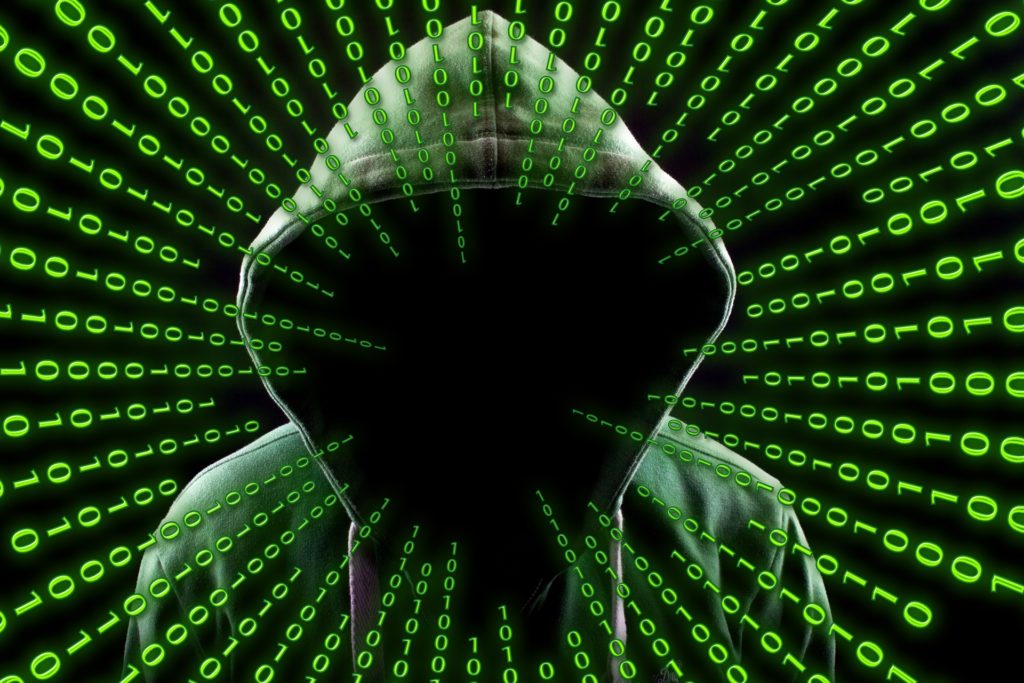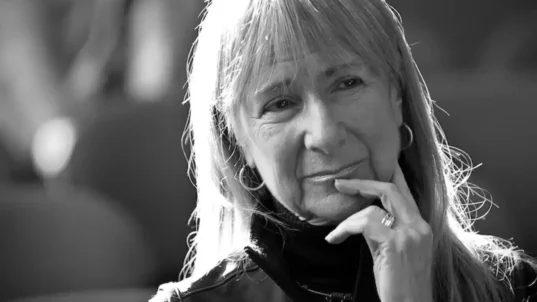
Image by Gerd Altmann from Pixabay
For years, Chinese hackers dominated one of the most prestigious hacking competitions in the world. They were able to consistently find flaws in systems from America’s largest tech companies. They would then turn these flaws over to the companies. For their efforts they were awarded prizes in the millions. In 2017, however, the Chinese government weakened the competition by banning the participation of Chinese hackers.
In 2018 a rival hacking competition was set up in China, with participation limited to Chinese hackers. One motivation for this limitation appears to have been to keep the knowledge of any discovered vulnerabilities inside China. The 2018 award winner found a flaw in Apple iPhones that allowed a hacker access to anyone’s iPhone. While Apple eventually learned of the problem and fixed the flaw, two months had lapsed. During those two months, iPhones were exploited around the world.
What wasn’t known at the time was that the Chinese government had concentrated its own hacking efforts on the Uyghur Muslims in the Xinjiang province of China. For seven years the US government has accused the Chinese government of genocidal actions against Uyghurs. With its hacked access to iPhones, the Chinese government expanded its surveillance of the Uyghur community.
Now think about how a democracy could be threatened by a government’s misuse of technology in order to gain access to your private communications. How is democracy affected if we can’t be sure that our communications are private and free from governmental surveillance, whether from a foreign government or our own? We know from the disclosures of Edward Snowden that a great deal of our communication data gets swept up by the US government in the name of national security. What if a US president, perhaps claiming national security concerns, were to demand surveillance capacities over US citizens similar to those enacted by the Chinese government? What might the subsequent access to private communications lead to? Would our courts be able or willing to protect our privacy rights against such intrusions? What safeguards might there be against such surveillance in a democracy?
How would you feel if you were uncertain of whether your private life was being listened to and monitored? How would that change your communications and your relationships with others? Would such intrusions change your thoughts and feelings about what it means to live in a democracy?
Just imagine the layers of assurance that each of us needs to protect us from abuses of technology into our private lives. How can individual privacy protections best be balanced with national security concerns? How might we protect ourselves from intrusions into our lives from non-governmental actors or from governmental actors, whether foreign or domestic? In a democracy, who should bear responsibilities for such protections?
* * *
“Relying on the government to protect your privacy is like asking a peeping tom to install your window blinds.” –John Perry Barlow, American poet, essayist, and political activist.
This is part of our “Just Imagine” series of occasional posts, inviting you to join us in imagining positive possibilities for a citizen-centered democracy.



